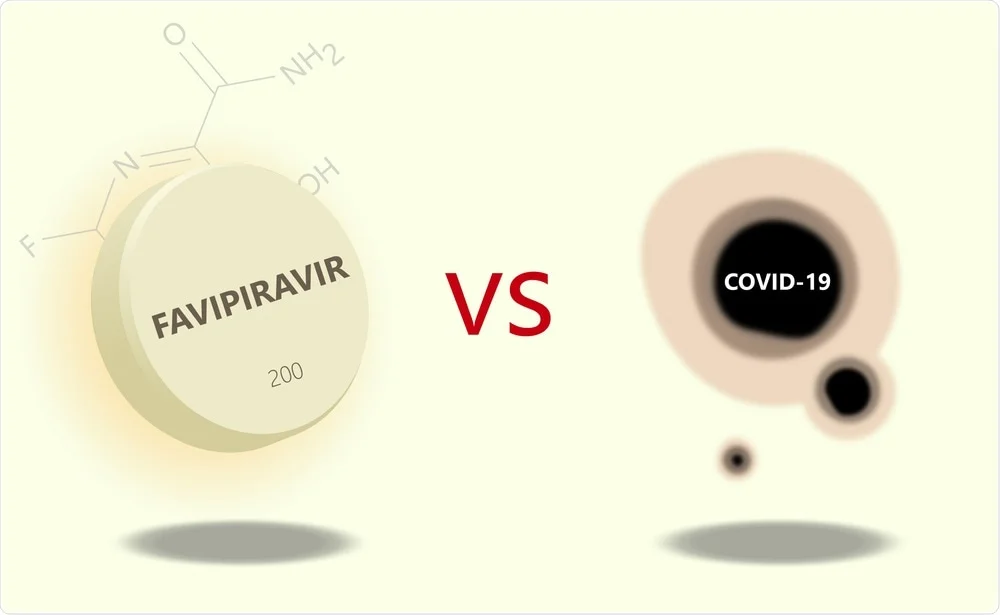Key Highlights:
- In a trial, people were exposed to COVID to study how the virus behaves.
- The study was part of a research project conducted by Open Orphan with Imperial College, London.
- The tendency to shed virus or viral load was measured using two methods called focus-forming assay (FFA) and quantitative polymerase chain reaction (qPCR).
In a trial conducted—the world’s first “human challenge”— people were viral exposed to COVID. The study showcased that the symptoms did not affect how likely an infected person can spread the disease to others.
The study highlights the difficulty in preventing large-scale infections as the WHO has recently warned the world of an unannounced spike in COVID cases.
A research project for COVID
The study was part of a research project conducted by Open Orphan with Imperial College, London. In this study, they tested 18 participants that caught COVID-19, the symptoms, will they or not developed symptoms, all these factors were not influenced by the viral load in airways as warned.
The tendency to shed virus or viral load was measured using two methods called focus-forming assay (FFA) and quantitative polymerase chain reaction (qPCR).
In a paper published by the scientific journal Nature Medicine, the researchers shared, “There was no correlation between the amount of viral shedding by qPCR or FFA and symptom score.”
What does the study conclude?
In the trial, 36 healthy young adults who never contracted COVID or have been vaccinated, were exposed to the original SARS-CoV-2 strain of the virus and monitored in a quarantined setting.
Among the participants, 2 volunteers had antibodies against the virus which excluded them from the analysis. Only half of them contracted the virus. The research team commented, “No serious adverse events occurred, and the human challenge study model was shown to be safe and well-tolerated in healthy young adults.”




